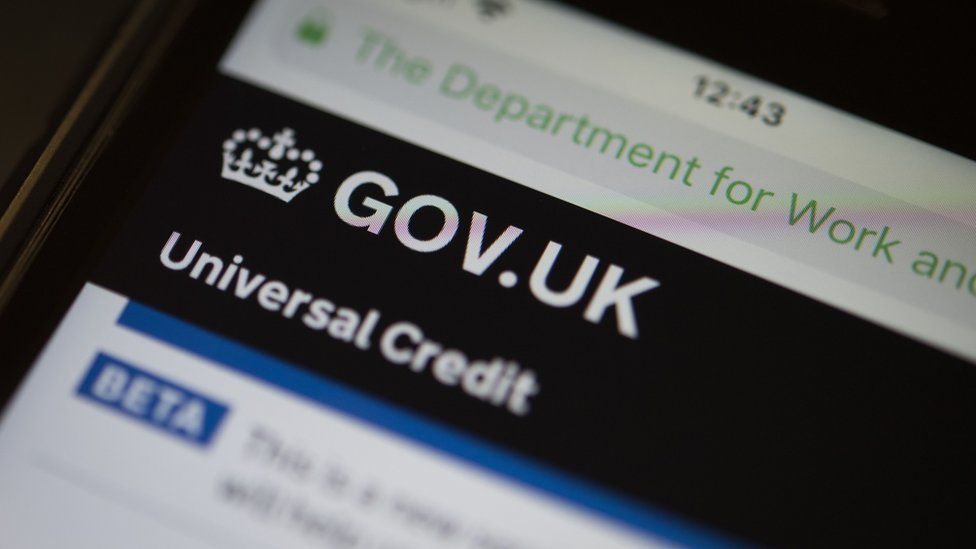Boris Johnson has caused controversy following his plan to cut Universal Credit by £20-a-week in April despite criticism from Labour and Red Wall Tories in his own party.
The government had previously increased Universal Credit by £1,040 for the 2020/21 financial year to prevent the potentially disastrous economic impact of the pandemic.
The new cuts, equivalent to around £85.05 a month, will affect around 5.7 million families, 39% of whom are in employment.
Universal credit, for which the Department for Work and Pensions is responsible for, is a type of benefit payment which ensures that working-age claimants are provided with a sum to cover expenses.
During 2020, around half of the 2.7 million receiving Universal Credit became claimants, reflecting the effects of pandemic on employment and living costs.
Nearly 750,000 jobs have been lost during coronavirus, with 370,000 redundancies occurring from August to October 2020.
The most recent statistic from the Office for National Statistics (ONS) shows that 4.9% of people are unemployed and experts have warned that this could increase to around 7.5% by the middle of 2021.
Johnson and supportive ministers have justified the cuts by claiming that the increase was only ever meant to be temporary, instead wanting to focus on employment possibilities.
The government have stated that these cuts may be offset with a one-off payment to families of £500 who are currently claimants of Universal Credit.
However, this has not been accepted ubiquitously, with Labour blasting this a “terrible policy,” and 50 Red Wall Tories – Conservative MPs who represent historically-Labour constituencies in the Midlands and the North – asking the government to keep the increase in place until at least the end of lockdown.
This plea from the 50 Conservatives likely follows as it was revealed these cuts will leave areas in the North and Midlands the worst-off.
As of yet, there appears to be no change from Johnson’s stand with supportive ministers worried that an extension to this increase would make the £20-a-week a permanent change, increasing annual spending by £6bn that will have to be offset with cuts, tax rises or borrowing.
This insistence is in spite of the non-binding vote, implemented by the opposition, which saw 278 MPs voting in favour of stopping the planned cuts to Universal Credit and Working Tax Credit. Johnson reportedly told Conservative MPs to abstain for the vote, which allowed the motion pass in the opposition’s favour.
The fear by opposition members and Red Wall Tories is that the cuts will come too soon in the pandemic, and The Joseph Rowntree Foundation has stated that Johnson’s cuts could see 200,000 more children pushed into poverty.
It should be noted that the cuts will not take the Universal Credit payment to as low as they were in March 2020, but the increase from this is minimal.
Further, ‘extra amounts’ payments of Universal Credit, such as those for people with children, limited capability for work and those who are carers, are still increasing.
For now, it is unclear whether Johnson and the Conservative government will U-turn on this proposal. Such a policy retraction would not be unfamiliar in the pandemic, with student examination grading and lockdown guidelines having set the example of the government’s ability to reverse their proposals.
It is likely, however, that the final decisions will be announced at least by the 3rd of March when Chancellor Rishi Sunak announces the budget.
Photo: BBC

